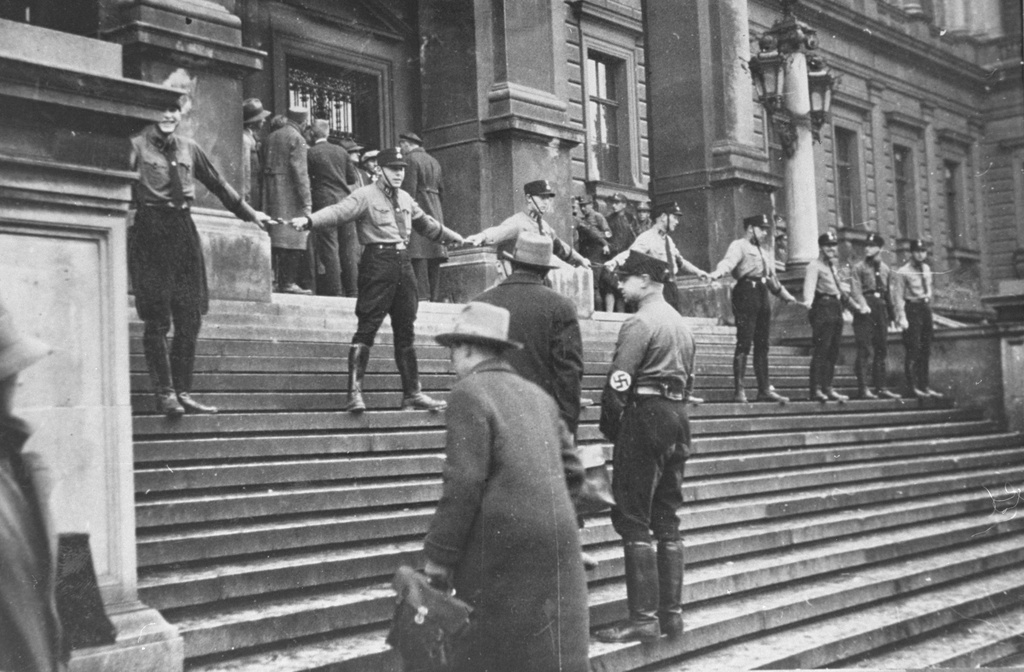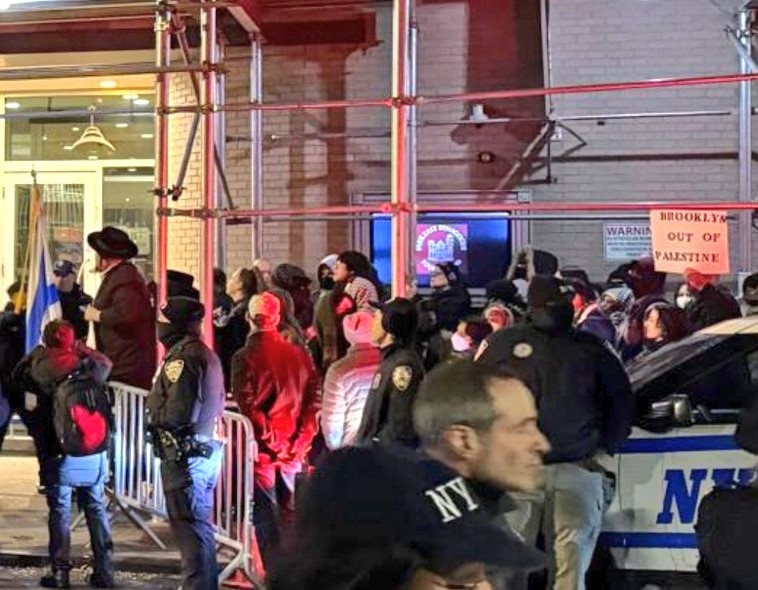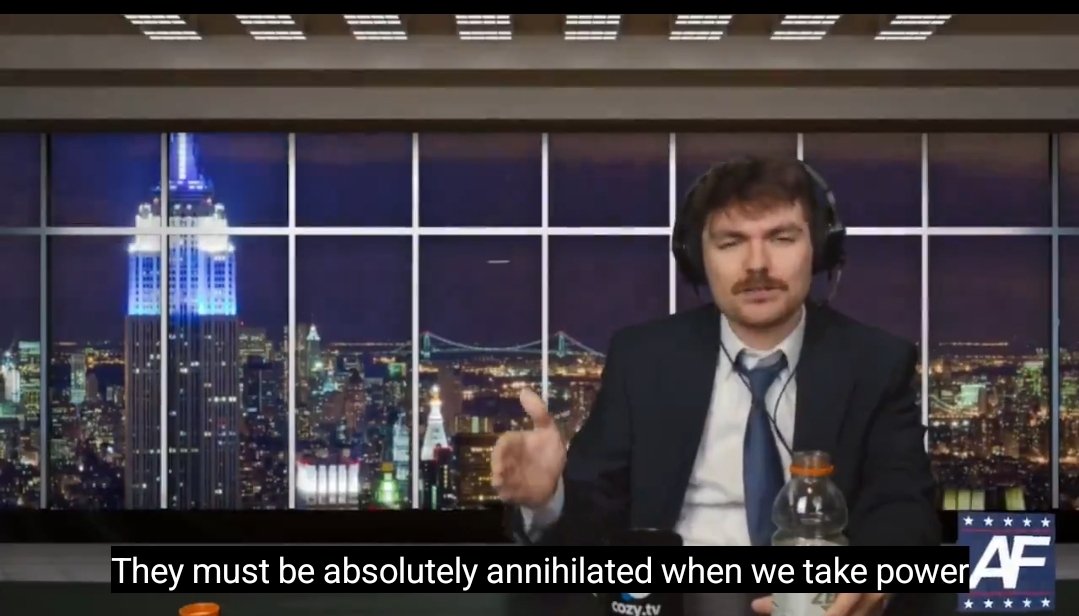By Elchanan Poupko
The great purge of Jewish people from academia began shortly after October 7th, 2023. The scope and depth of this purge have come to light just recently. With the resignations of Professor Shai Davidai from Columbia University, Will Sussman from MIT, Dr. Shay Laps from Stanford University, Professor Douglas Hauer-Gilad from Boston University, Professor Mauricio Karchmer from MIT, and Associate Dean Dr. Rebecca Cypess from Rutgers University, we are beginning to see the tip of the iceberg.
The impact of this purge is not only on those who end up leaving academic institutions, or choosing not to enter them to begin with, it is also on the ability of academics to speak out in support of Israel and their Jewish identity altogether.
Speaking to an academic from Yale University who is a proud Jew and supporter of Israel, I expressed my astonishment at how few academics end up taking a public stance in support of Israel. The immediate answer shocked me: “We don’t want to end up like Shai Davidai,” he said.
That is how you get a situation where more than 3,500 Jewish academics were willing to sign an open letter in support of Columbia protest leader Mahmoud Khalil, while far fewer were able to raise their voices in opposition to antisemitism, call for the return of the hostages, or stand with Israel.
Another professor from a prominent university said of my vocal support for Israel: “Keep it up, because we professors are not able to voice support the same way.”
Whether it is when universities take direct prejudiced action against Jewish academics, or their choice to abandon Jewish faculty and students to the mob of pro-Palestinian students that are out to get them, the message is clear: if you value a career in academia, you dare not stand with Israel.
Politicians come and politicians go, but academia will remain. While the federal government has expressed a strong desire to support Jewish faculty and students who face antisemitism and hate, Jews in academia read the room and choose to keep a lower profile.
Unlike the 1930s, when Polish universities implemented policies of antisemitism, including the infamous “ghetto benches” that relegated Jewish students to limited designated seating within universities in Poland, this time it is hard to point to American academics standing against the purge of Jews from academia.
At the time, fifty-four American professors signed a letter against Polish universities’ infamous “ghetto benches”. Today, it is hard to name the hero who stepped forward against antisemitism during the worst wave of antisemitism in the history of the United States.
So, what is next in the defense of those who want to exist as proud Jews and supporters of the State of Israel’s right to exist in academia? The good news is that as these stories come to light, there are, albeit small, but also steady efforts to reorganize. Few people thought in 2023 that the tidal wave of antisemitism that washed over the United States was here to stay, but it likely is. With that, efforts to adjust to the new reality and respond to evolving challenges are likely to solidify in the coming months with more concrete ways to confront today’s challenges.








2 Responses
It’s happening again. We know that silence 🤐 doesn’t work – so shout loudly and don’t stop ever!
Thank you for casting sunlight onto this issue. This is a club I unwittingly joined – but I have more confidence knowing I am not alone.